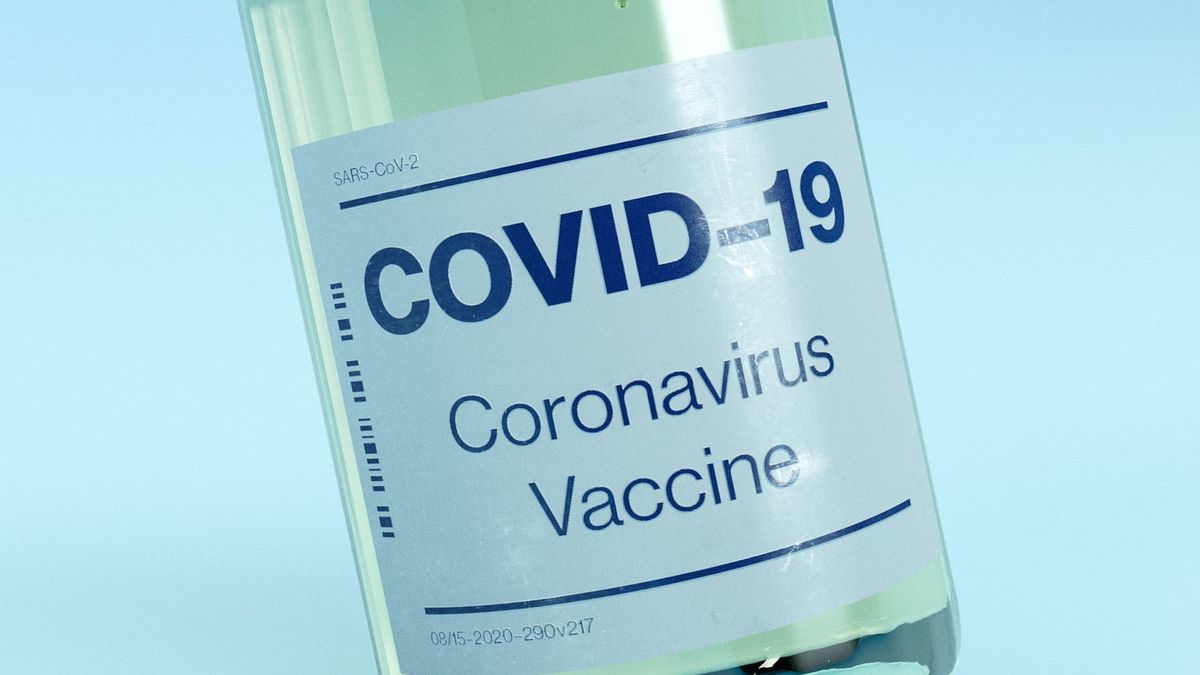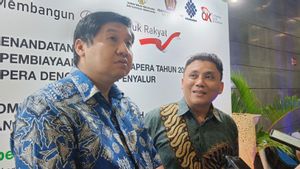JAKARTA - Health experts are continuously campaigning for vaccination or immunization to the wider community. The reason is, immunization is still the most effective way to prevent the spread of infectious and dangerous diseases that have a negative impact on public health.
Although joint efforts by the government and various stakeholders continue to be made to ensure that the public is not afraid of being vaccinated - such as having passed clinical trials and ensuring its safety and efficacy - a small part of the community is still reluctant to be vaccinated and still gets inaccurate information about vaccines.
Pediatrician, dr. Endah Citraresmi, Sp.A (K), from the Parents Care Foundation, said that in principle, vaccination will make a person immune so that he does not need to go through a sick phase when he is attacked by certain viruses or bacteria.
"This is certainly different from the body's natural immunity that occurs after a person is attacked by a disease. In this condition, there needs to be a phase of illness first until it is finally cured and immune," he said in a written statement received by VOI, Tuesday, November 24.
He said this in the Productive Dialogue on the theme of Active Immunization: Realizing a Better Quality of Life which was held by the Committee for Handling COVID-19 and National Economic Recovery (KPCPEN), today.
Furthermore, dr. Endah appealed to the public not to easily believe in false information about vaccines and immunization. The safety of vaccines that have been circulating has been confirmed, because the vaccine production process has gone through the stages according to safety procedures, starting from pre-clinical trials in animals, followed by three stages of clinical trials in humans.
"Until finally obtaining a use permit from the Food and Drug Supervisory Agency (BPOM)," he explained.
When vaccines are circulating in the community, BPOM and the National Commission for Post-Immunization Follow-Up Events (Komnas KIPI) continue and continue to monitor the vaccine. As an example of monitoring, the AEFI report from the 2018 phase 1 MR vaccination record shows that very few post-immunization follow-ups are directly related to vaccine administration.
"The AEFI report only 255 out of 35 million doses of vaccine, and it turns out that after being examined only 18 cases were directly related to immunization, the others were coincidences," explained dr. Endah.
He said, the most common occurrence after immunization was mild reactions such as pain and swelling around the injection site. This reaction is natural and can heal in no time. Compared with these mild reactions, the benefits of vaccines are much greater.
"Serious diseases that can lead to disability and death, we make a vaccine. That is why the mortality rate for children under five in Indonesia has decreased so much compared to before vaccines were invented. For example, in the case of pneumonia in Indonesia, which fell because the vaccine was found, and it is the disease that causes the most deaths. in toddlers, "said dr. Endah.
He also emphasized that, in essence, no government is willing to sacrifice its citizens. All countries, both developed and developing countries, make vaccines.
"Actually, the state has guaranteed the safety of vaccines. Even the state continues to actively monitor the safety of vaccines to protect its citizens," he said.
This vaccine according to dr. Endah is very important, not only for children but also for adults and the elderly. With vaccines, you can keep your life healthy and productive.
"And for our children, vaccines are useful for their growth and development to be better," concluded dr. Endah.
The English, Chinese, Japanese, Arabic, and French versions are automatically generated by the AI. So there may still be inaccuracies in translating, please always see Indonesian as our main language. (system supported by DigitalSiber.id)








